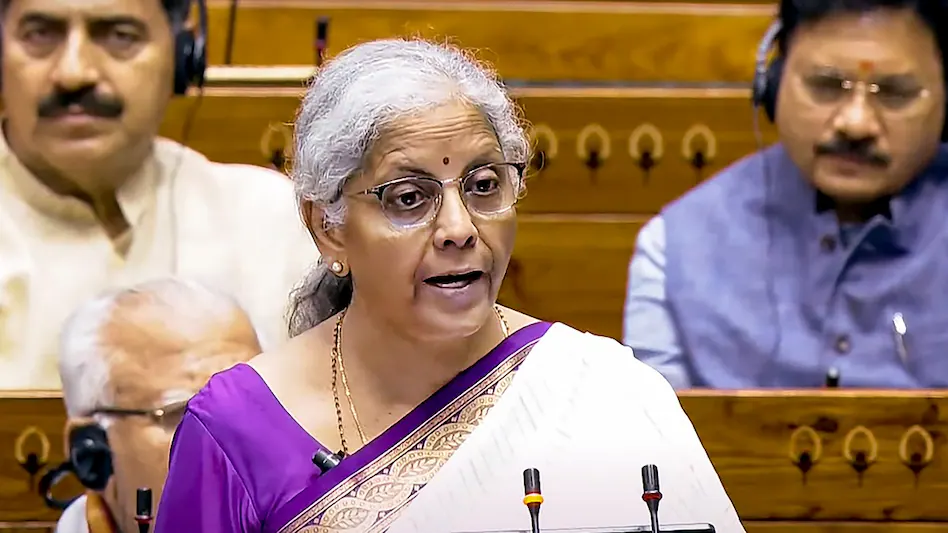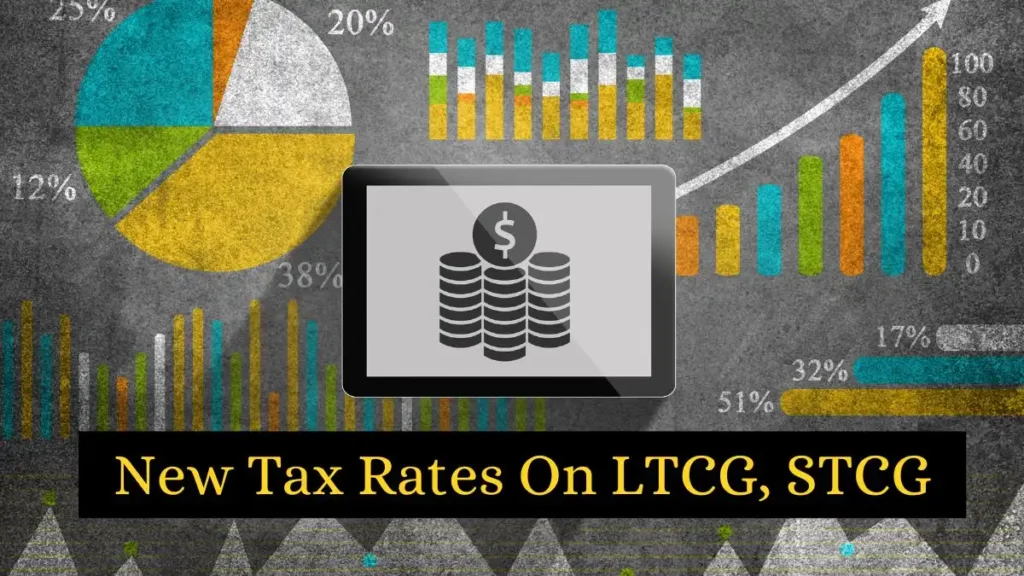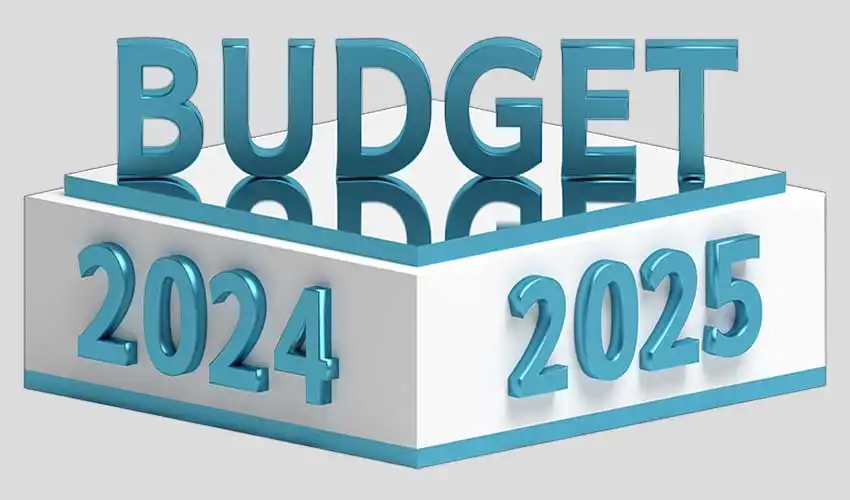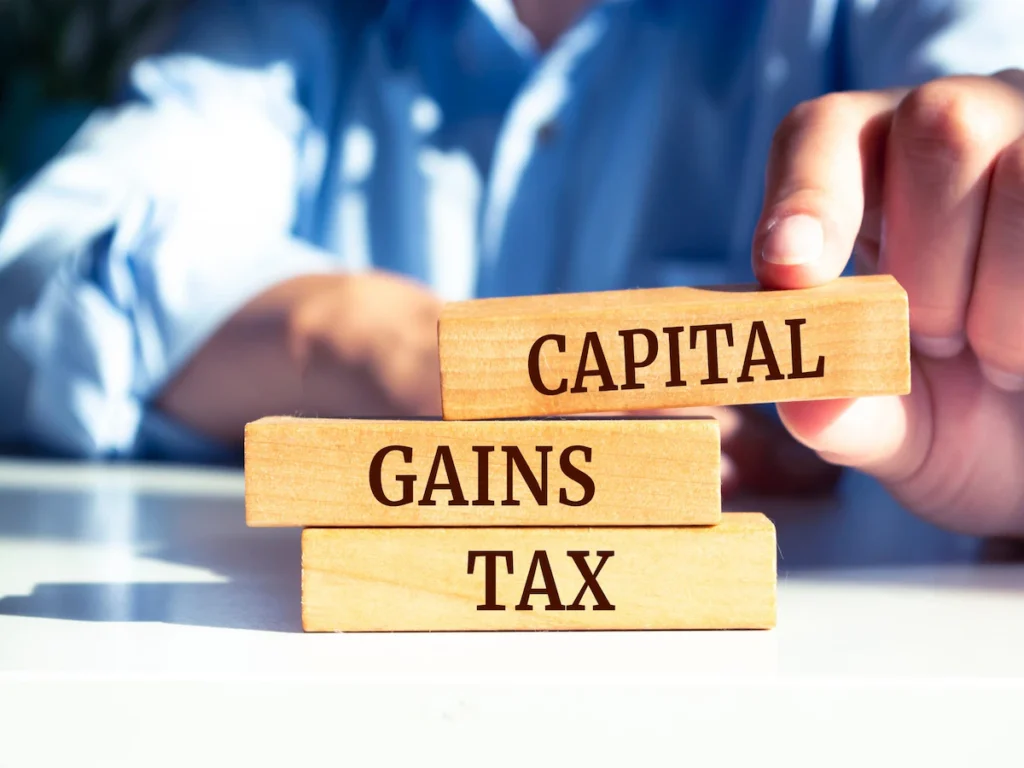Budget 2024 FM Nirmala Sitharaman declared that short-term capital gains on designated financial assets will henceforth be subject to a 20% tax rate rather than a 15% tax rate.
Budget 2024 In her Union Budget statement on Tuesday, Finance Minister Nirmala Sitharaman declared an increase in the long-term (LTCG) and short-term capital gains (STCG) taxes. By definition, a capital gain is any profit or gain resulting from the sale of a “capital asset.”

The FM also announced a big increase in the STT rate, going from 0.01 percent to 0.02 percent, among other pronouncements that had an effect on the markets.
Nirmala Sitharaman declared that the 15 percent tax rate on STCG on “specified” financial assets would be replaced with a 20 percent tax rate going forward. All other assets, whether financial and non-financial, will still be subject to the “applicable tax rate.”

On the other hand, the tax rate on long-term capital gains for all financial and non-financial assets will rise from 10 percent to 12.5 percent. Additionally, the exemption limit for these gains has been set at ₹1.25 lakh per year.
Reopening and reassessing returns submitted for prior years—which were previously confined to 10 years—including in search instances, is a huge relief. The 12.5% LTCG on shares replaced the previous 10% LTCG. It now only takes two years for non-financial assets to be eligible for LTCG. Even though indexation is gone, the LTCG rate on sales of land, gold, and unlisted shares has been lowered to 12.5% from 20%, which is advantageous and will ultimately benefit the majority of taxpayers, according to Sweta Kochar, Founder & Partner, PKC Management Consulting, about the personal tax budget.
Taxation of Capital Gains: Key points
The holding period has been simplified. There are only two holding periods: one year for listed securities and two years for all other assets.
The rate on business trust units, equity-oriented mutual funds, and short-term STT-paid listed equities has gone up from 15% to 20%. In a similar vein, the long-term rate on these assets has gone up from 10% to 12.5%. Nevertheless, the LTCG exemption ceiling of ₹1 lakh has now been raised to Rs. 1.25 lakh for certain assets.

Without indexation, the rate for other long-term capital gains on all assets has been rationalized to 12.5%. When indexation was applied, this rate was 20%. This will make it easier to compute capital gains and simplify the taxes on them.
Benefits that were previously granted under the IT Act remain unchanged. Therefore, taxpayers who want to save on LTCG tax even with low rates can continue to avail of rollover benefits upon fulfilment of applicable conditions.

The reduction in the rate will benefit all categories of assets. However, the benefit will depend on the extent of the asset’s appreciation during the holding period.
Read also : ITC’s share price passed the ₹500 threshold and reached a record high.











